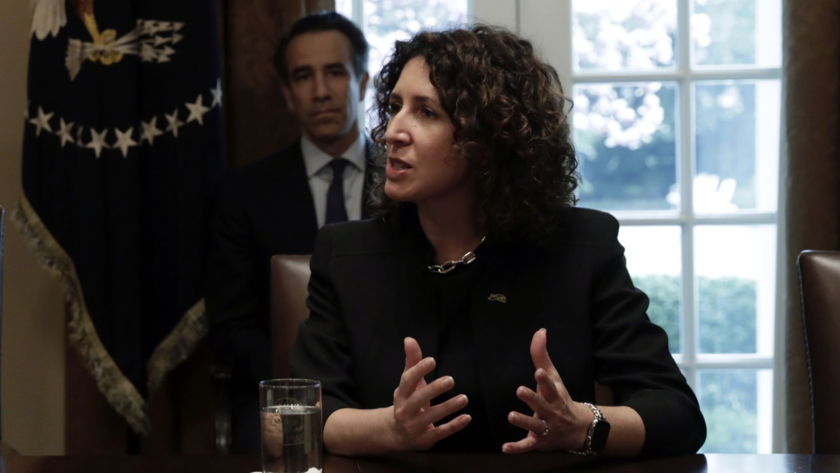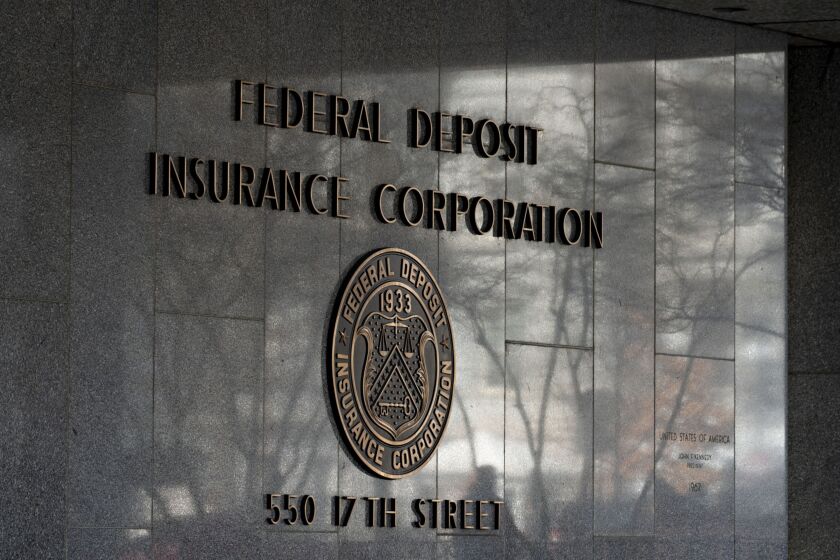Borrower relief is necessary in a national emergency, but if the exclusion of the deferred loans from troubled-debt restructurings is extended past the end of the year, safety and soundness could be compromised.
The Office of the Comptroller of the Currency will use year-end 2019 asset totals in its calculating its next assessment, saying national banks "should not be penalized" for adding emergency loans to their books during the pandemic.
The Ohio Democrat's criticism of Rodney Hood, chairman of the National Credit Union Administration, echoed complaints from bankers that the regulator was using the chaos from the pandemic to push through changes.
A trade group says suspending so-called beneficial owner rules would help financial institutions make more small-business loans through the Paycheck Protection Program.
Critics who argue this crisis mirrors the 2008 financial panic when Congress bailed out banks have it wrong. The new relief package in response to the coronavirus pandemic was necessary to save livelihoods, and more can be done.
Measures that delay the Current Expected Credit Losses standard and reduce a community bank capital ratio are temporary, but the industry now sees an opening to argue that they should be permanent.
The government should encourage community lenders to offer six-month loan repayment forbearances to struggling businesses before it’s too late.
The agency proposed changes in December to how customer relationships affect the definition of brokered funds, which has big implications for banks that are not well capitalized.
The regulation established standards for investors who own less than a quarter of an institution. Banks are getting more time for implementation as they focus on effects of the COVID-19 pandemic.
The 2008 package proved some banks were too big to fail. But the rushed $2.2 billion stimulus shows now any company can be bailed out.















